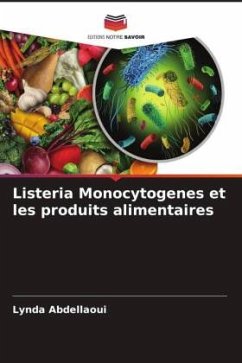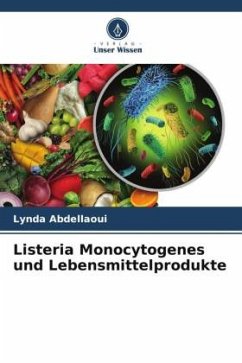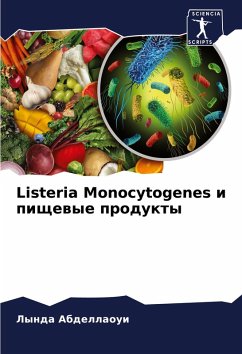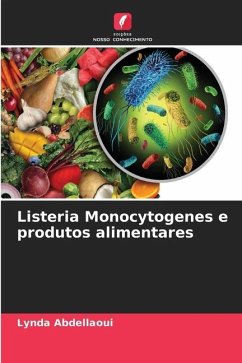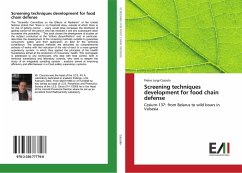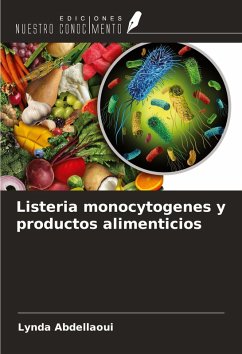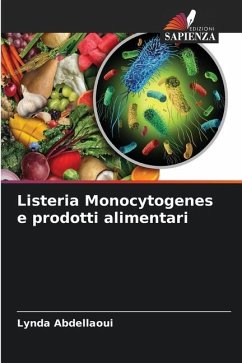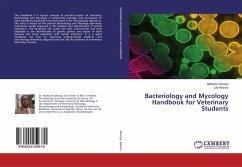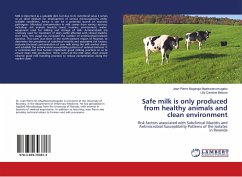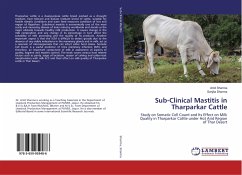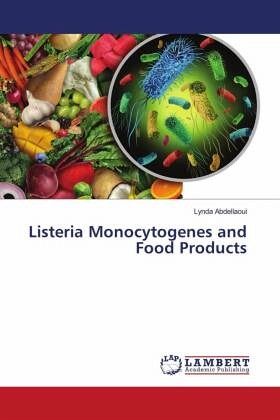
Listeria Monocytogenes and Food Products
Versandkostenfrei!
Versandfertig in 6-10 Tagen
29,99 €
inkl. MwSt.

PAYBACK Punkte
15 °P sammeln!
Ingestion of food contaminated by L. monocytogenes is the main route of transmission of the pathogen to humans. Ubiquitous in nature, L. monocytogenes can contaminate foods from a wide variety of environmental reservoirs during food processing, distribution, and storage, making this opportunistic pathogen extremely difficult to control and manage in the food industry. Indeed, L. monocytogenes has been isolated from various food products, with most cases of foodborne listeriosis being linked to ready-to-eat products that would have been contaminated during and after processing. This highlights ...
Ingestion of food contaminated by L. monocytogenes is the main route of transmission of the pathogen to humans. Ubiquitous in nature, L. monocytogenes can contaminate foods from a wide variety of environmental reservoirs during food processing, distribution, and storage, making this opportunistic pathogen extremely difficult to control and manage in the food industry. Indeed, L. monocytogenes has been isolated from various food products, with most cases of foodborne listeriosis being linked to ready-to-eat products that would have been contaminated during and after processing. This highlights the importance of monitoring the environment of food processing plants, identifying potential sources of contamination and possible transmission routes in the food production chain, particularly with regard to persistent strains of L. monocytogenes. The presence of persistent strains could result from a deficiency in cleaning and disinfection procedures, which allow the survival and adaptation of L. monocytogenes strains.



